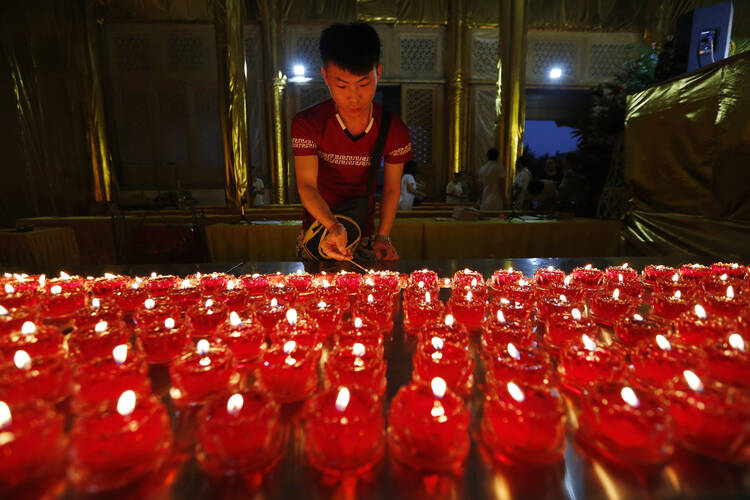On September 3, China marked the 70th anniversary of what it calls the Chinese People’s War of Resistance against Japan and Victory of the World War against Fascism. For a war that claimed 15 million Chinese lives and continues to weigh down Sino-Japanese relations, it was a legitimate occasion for remembrance.
However, the centerpiece of the commemoration, a large-scale military parade on Thursday, was seen as both a continuation of China's long-term campaign to maintain public hatred of Japan, which it sees as having never apologized for incidents such as the Nanking Massacre in 1937, and an attempt by China to give itself a new and greater place in World War II history than it has not previously been accorded.
The event, mostly shunned by Western leaders, was attended by Russia's Vladimir Putin and a smattering of other world dignitaries. Russia staged a victory parade on May 9, and China appears to have matched, if not exceeded that event as a spectacle.
The weekend of September 3-5 is officially a national holiday in China this year, but the lead-up to the event created unprecedented hassle for residents of Beijing. While the capital’s 21 million people are accustomed to the inconvenience caused by international events and world leader visits, such as November 2014’s Asia-Pacific Economic Cooperation (APEC), preparations for the parade began almost a month in advance.
Provincial border crossings leading into Beijing saw identification checks performed on each vehicle, causing hours-long delays entering Beijing. Private vehicles use was restricted based on odd-even license plates from August 20. All delivery vehicles were prevented from operating between 6 am and midnight.
On top of this, bars, restaurants, and shops miles from the parade and rehearsal route were forced to close for 23 hours, during the weekend of August 22, with businesses and residents on or near the route told to keep their windows closed for a similar period. On September 2-3, city parks and most major attractions, including the Forbidden City, were also shut.
Western observers cited the event as an opportunity for President Xi Jinxing to reinforce his position as a strong leader, especially after a month that saw both a huge explosion in Beijing's neighbor, Tianjin, and a Chinese stock market fall that not only lost trillions in value, but shook foreign bourses as well. The commemoration brought with it plenty of pomp and circumstance, but little celebration.
China Commemorates World War II's End, but Don't Call It a Celebration
Show Comments (
)
Comments are automatically closed two weeks after an article's initial publication. See our comments policy for more.
The latest from america
Frank Turnbull, S.J., a longtime editor at 'America' who died earlier this week, is remembered as a humble, quiet and yet forceful presence to those who knew him during his 85 years of life.
A Reflection for Saturday of the Fifteenth Week in Ordinary Time, by Zac Davis
Trauma-informed spirituality knows better than to promise that prayer will take away all the pain. But it can offer the hope that, even in the midst of pain, there can be moments of feeling whole.
Israeli Prime Minister Benjamin Netanyahu telephoned Pope Leo XIV, who urged Israel’s leader to revive negotiations and enact a ceasefire.








